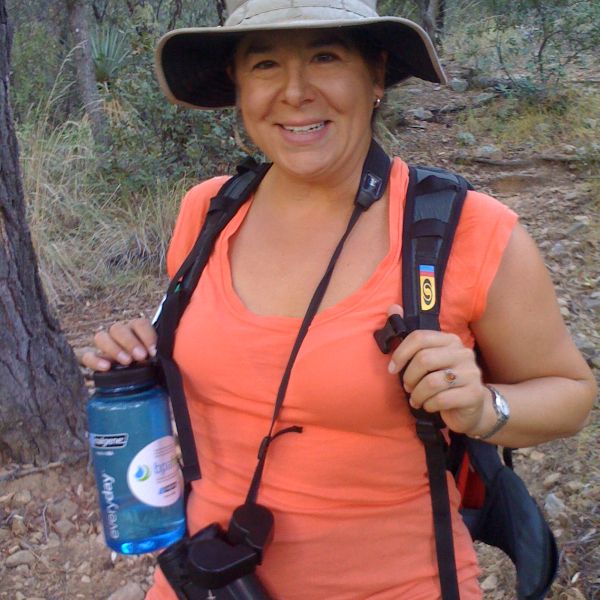Image

In partnership with Common Ground High School (CGHS) in New Haven, Michelle is developing and piloting a high school climate change education curriculum that will incorporate classroom and outdoor activities, professional development workshops, and service-learning experiences. The curriculum will be integrated into several freshman-level courses, including chemistry, biodiversity, environmental justice, world history, and environmental science.
The goal of this project is to increase student and teacher knowledge about the science, economics and social impacts of climate change and to impart conservation practices that reduce climate change impacts. The curriculum will focus on how climate change impacts Connecticut year-round and within seasons, how young people and adults can mitigate and prepare for climate change impacts (coastal resiliency and extreme weather events), and investigate how actions that benefit public health also mitigate climate change. Even at a school like CGHS, a high school, urban farm and environmental education center, this critical issue is not front and center.
Best practices in existing climate change education programs as established by peer organizations and schools will be incorporated; the NAAEE Excellence in Environmental Education guidelines and adopted science and core curriculum standards will be the project's guides. Ultimately, the project hopes to disseminate this curriculum in high schools across the state in future years; as such, it seeks to design the curriculum so it is scalable to traditional high schools that may not have an environmental or science focus.
Michelle's career in conservation began in college as a wildlife biology student at University of Massachusetts at Amherst. She fell in love with birds, chose them as her vehicle to study ecosystems for 15 years, and studied in many beautiful ecosystems across the U.S. including Massachusetts, Maine, western Pennsylvania, New York, California, Florida, Alabama, and an amazing stint on Andros Island in the Bahamas. She loves field biology, but did not feel a sense of impact, so she shifted her career to environmental education (EE). Michelle went back to school at New Mexico State University where she evaluated an EE program for her master’s thesis. In 2007 she moved to San Antonio, Texas, to start up an outdoor education program for one of the National Audubon Society’s urban centers. Michelle is now the Connecticut Audubon Society’s director of education. In the past 11 years, Michelle has educated over 20,000 students, created several outdoor science programs, partnered with school districts and universities, and participated as a board member of NAAEE's Connecticut EE affiliate. She is on the steering committees of her state Environmental Literacy Plan (ELP) and Green Ribbon Schools programs, and even managed to win a major award along the way. The National Audubon Society honored Michelle with the Tamar Chotzen Educator of the Year Award in 2010. She has participated in other EECapacity projects, including the online learning community, “Measuring EE Outcomes” and short course, “Strategies for Bridging Communities in EE”. Michelle recently participated as a student/e-book contributor in the online learning community "Measuring Environmental Education Outcomes" (MEEO) in 2013. Check out the eBook here.